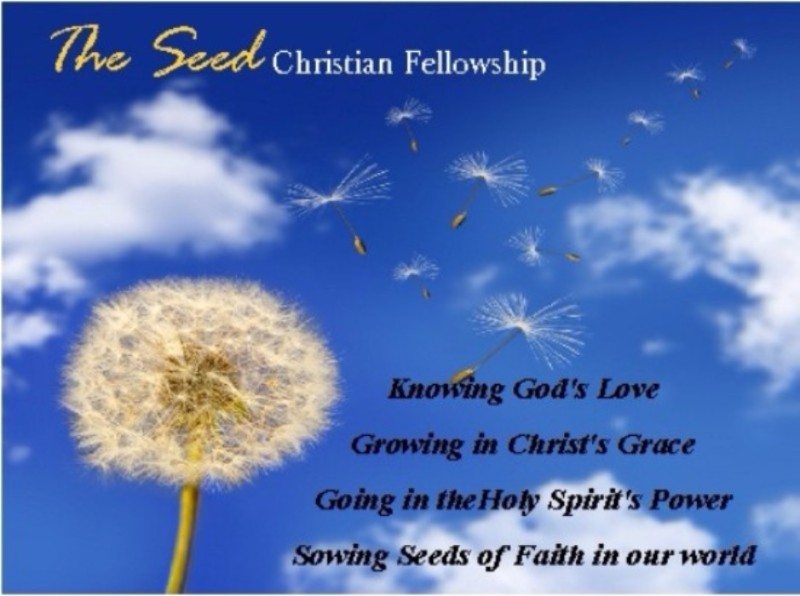Romans 2:5-11 God’s Judgment is Righteous

To presume on God’s patient kindness, as if its purpose were to encourage permission, not penitence, is a sure sign of stubbornness and of an unrepentant heart (v. 5a). Such obstinacy can have only one end. It means that we are storing up for ourselves not some precious treasure but the awful experience of divine wrath on the day of God’s wrath, when His righteous judgment will be revealed (v. 5). Far from escaping God’s judgment, we will bring it all the more surely upon ourselves.
Paul now enlarges on his expression God’s…righteous judgment (5b), and begins by stating the inflexible principle on which it is based. The NIV rightly puts this in parentheses, since it is a quotation from the Old Testament Scripture, namely that God “will give to each person according to what he has done” (v. 6). The verse quoted is probably Psalm 62:12, although Proverbs 24:12 says the very same thing in the form of a question. It also occurs in the prophecies of Hosea and Jeremiah, and is sometimes elaborated in the vivid expression, “I will bring down on their heads what they have done.” Jesus Himself repeated it. So did Paul, and it is a recurring theme in the book of Revelation. It is the principle of exact retribution, which is the foundation of justice.
Does Paul begin by declaring that salvation is by faith alone, and then destroy his own gospel by saying that it is by good works after all? No, Paul is not contradicting himself. What he is affirming is that, although justification is needed by faith, judgment will be according to works. The reason for this is not hard to find. It is that the Day of Judgment will be a public occasion. Its purpose will be less to determine God’s judgment than to announce it and to vindicate it. The divine judgment, which is a process of sifting and separating, is going on secretly all the time, as people range themselves for or against Christ, but on the last day its results will be made public. The day of God’s wrath will also be the time when His righteous judgment will be revealed (v. 5b).
Such a public occasion, on which a public verdict will be given and a public sentence passed, will require public and verifiable evidence to support them. And the only public evidence available will be our works, what we have done and have been seen to do. The presence or absence of saving faith in our hearts will be disclosed by the presence or absence of good works of love in our lives. The apostle Paul and James both teach this same truth, that authentic saving faith invariably issues in good works, and that if it does not, it is bogus, even dead. “I by my works will show you my faith, wrote James (Jas. 2:18). “Faith [works] through love,” echoed Paul (Gal.5:6).
Verses 7-10 elaborate verse 6, namely the principle that the basis of God’s righteous judgment will be what we have done. The alternatives are now presented to us in two carefully constructed parallel sentences, which concern our goal (what we seek), our works (what we do), and our end (where we are going). The two final destinies of humankind are called eternal life (v. 7), which Jesus defined in terms of knowing Him and knowing the Father, and wrath and anger (v. 8), the awful outpouring of God’s judgment. And the basis on which this separation is to be made will be a combination of what we seek (our ultimate goal in life) and what we do (our actions in the service either of ourselves or of others). It is very similar to the teaching of Jesus in the Sermon on the Mount, in which He delineated the alternative human ambitions (seeking our material welfare or seeking God’s kingdom, and the alternative human activities (practicing or not practicing His teaching).
In verses 9-10 Paul restates the same solemn alternatives, with three differences. First, he simplifies the two categories of people into every human being who does evil (v. 9) and everyone who does good (v. 10). Jesus made exactly the same division between “those who have done evil” and “those who have done good” (John 5:29). Secondly, Paul elaborates the two destinies. He describes the one as trouble and distress (v. 9), emphasizing its anguish, and the other as glory, honor and peace (v. 10a), taking up the “glory” and “honor” of verse 7 which form part of the goal believers seek, and adding “peace”, that comprehensive word for reconciled relationships with God and with each other. Thirdly, Paul adds to sentences, first for the Jew, then for the Gentile (vv. 9-10), affirming the priority of the Jew alike in judgment and in salvation, and thus declaring the absolute impartiality of God: For God does not show favoritism (v. 11).
Romans 2:5-11 Reflection Questions:
Are your daily actions in service of yourself or to others?
Do you daily practice Jesus’ teachings in the Sermon on the Mount (Matt. 5-7)?
Do other people know that you are for Jesus?
What is your ultimate goal in life?



